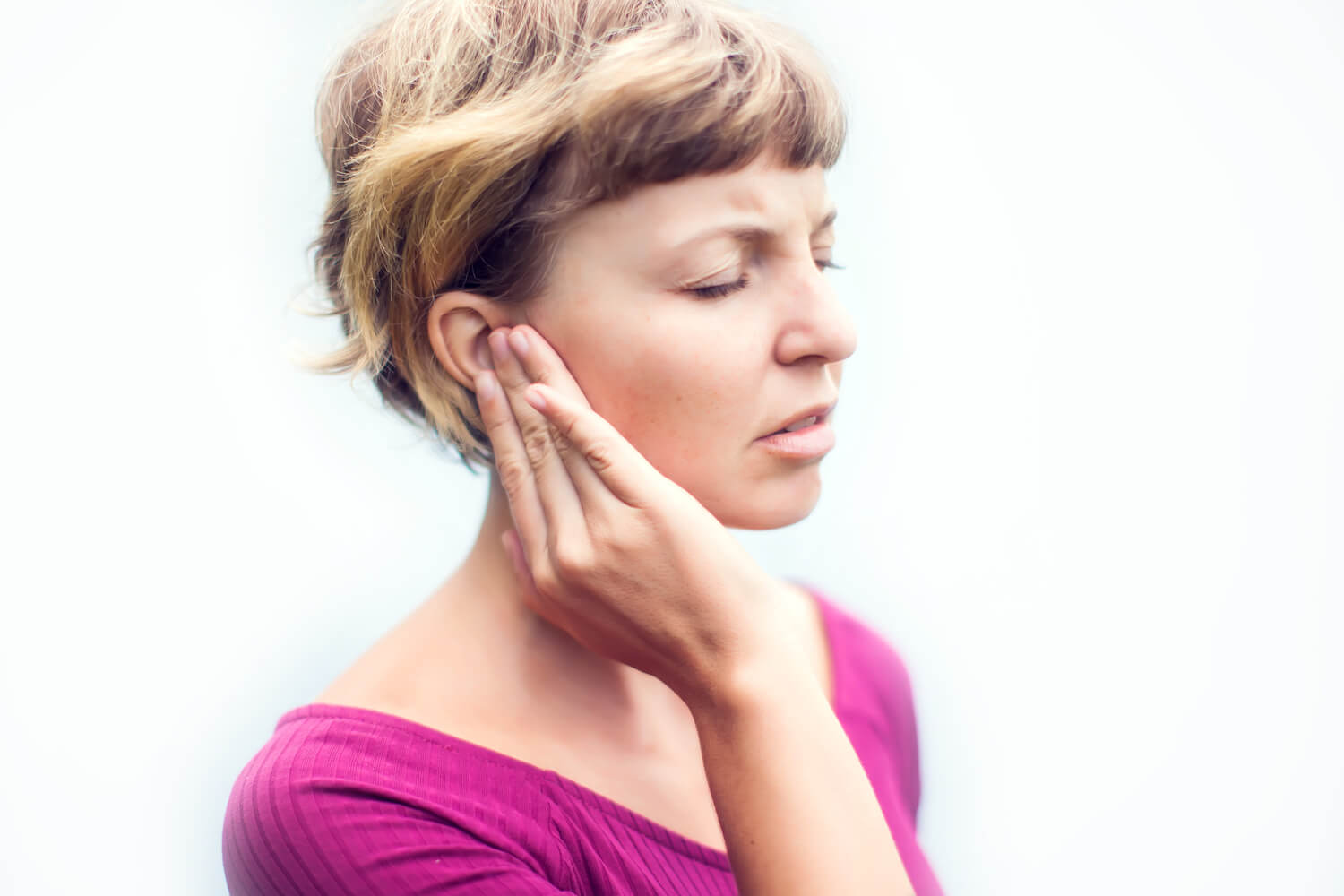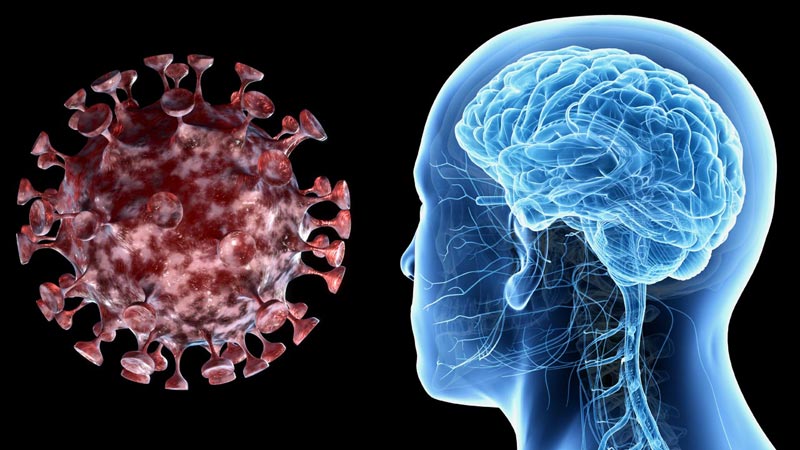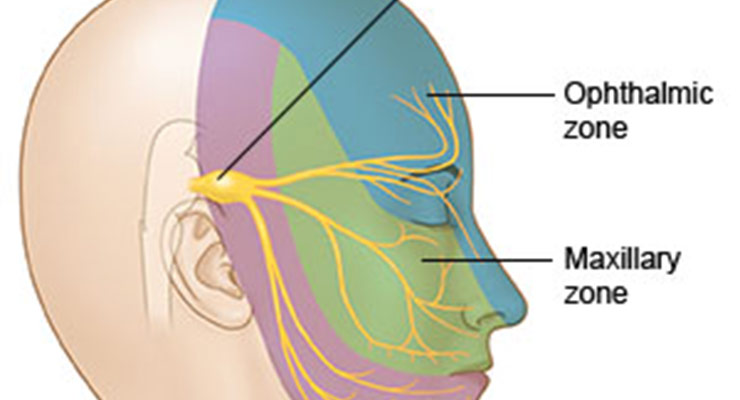
What Is Tinnitus?
Ringing, buzzing, hissing, clicking… however you experience it, the problem is the same: It’s tinnitus — and if you’re struggling with it, you’re not alone!
That weird ringing in your ears may seem crazy — but it’s actually much more common than you think. Tinnitus, an audiological and neurological condition that causes the perception of sound when no external noise is present, is said to affect around 10 percent of Americans on a regular basis. In fact, more than 25 million adults report experiencing tinnitus for five or more minutes in the past year, with 90 percent of those cases occurring with an underlying hearing loss.
Symptoms
The sounds caused by tinnitus can manifest as any tone—from ringing and hissing to buzzing, clicking, and swishing. The volume also ranges from low and barely present to a level that makes it very difficult to hear real sounds around you.
Although ringing in the ears is certainly the symptom tinnitus is most well-known for, tinnitus actually impacts a lot more than just your ears. For instance, it can negatively affect your hearing, concentration, and even your overall quality of life. That’s because depression, stress, anxiety, and fatigue are all common among tinnitus sufferers.
Triggers
Because tinnitus can have many causes, it’s often difficult to pinpoint what exactly is responsible. Triggers that can cause this condition include earwax buildup, age-related hearing loss, medication side effects, and overexposure to loud noises.
With that said, in many cases, tinnitus can be traced to underlying issues with the mouth and jaw. This occurs because of pressure imbalances among the jaw’s muscles, tendons, nerves, ligaments, and the temporomandibular joint (TMJ). Any disruption to the TMJ—one of the most complicated joints in the body, which connects your jaw to the side of your head — can result in symptoms of tinnitus.
How Is Tinnitus Treated?
Despite the prevalence of the condition, only 16 million people seek medical attention for tinnitus each year. That number may seem large, but it doesn’t account for a significant portion of inflicted Americans who are suffering with the frustrating symptoms tinnitus brings.
One way of treating tinnitus is to minimize the noise. White noise machines and masking devices produce a similar, low sound that covers up tinnitus symptoms. In some cases, medications such as tricyclic antidepressants are able to suppress symptoms; however, these medications often present significant side effects and can even become habit-forming. Yikes.
The TruDenta Approach
The best way to treat tinnitus isn’t to take antidepressants or wear a masking device in your ear—and it certainly isn’t to ignore the problem entirely and suffer as a result. You don’t want to cover up the noise; you want to get rid of it entirely! The TruDenta system makes it possible to find and treat the underlying cause—not just the symptoms it’s resulting in.
First, we use diagnostic technology to perform a bite force analysis. This allows us to analyze and display the different forces in place in your mouth and jaw. Then, a range of motion analysis measures abnormal or restricted movements (in your head and neck) to narrow down the potential causes.
Once your dental professional has determined the specific cause, they can create a specialized treatment plan designed just for you. TruDenta treatments are completely noninvasive and require no injections or medications with unpleasant side effects.
Our drug-free, whole-body approach uses ultrasound, photobiomodulation, manual muscle therapy, and microcurrent—all of which work together to completely resolve your tinnitus symptoms and help you take your life back.
Take Your Life Back with TruDenta
Are you curious about TruDenta and our unique approach to treating tinnitus and other issues caused by dental force imbalances? Download our patient brochure to learn more about TruDenta’s life-changing approach to dentistry, or find the nearest TruDenta provider in your area.








 © 2026 - NATIONAL DENTAL SYSTEMS, INC. | 430 NORTH MAIN ST. SALEM, UT 84653 | CALL US TOLL-FREE 855-770-4002
© 2026 - NATIONAL DENTAL SYSTEMS, INC. | 430 NORTH MAIN ST. SALEM, UT 84653 | CALL US TOLL-FREE 855-770-4002